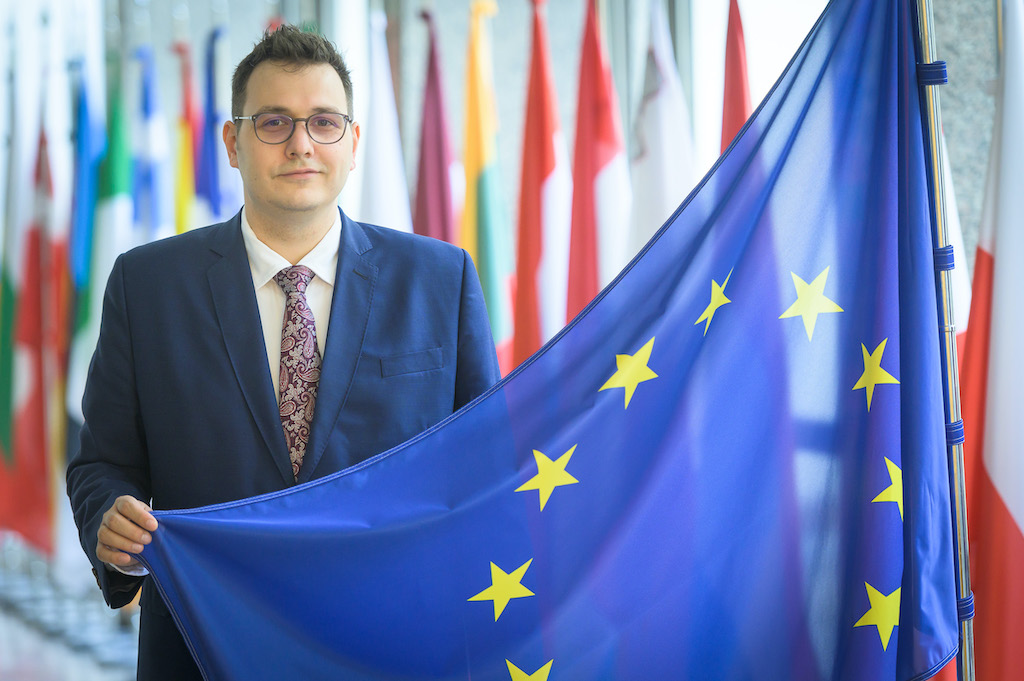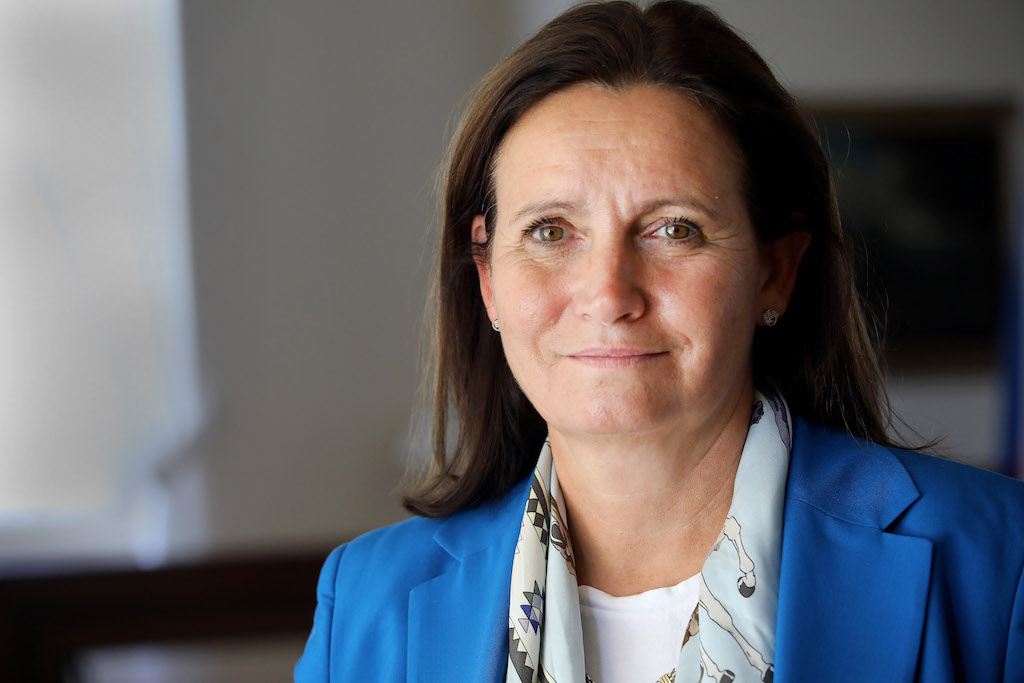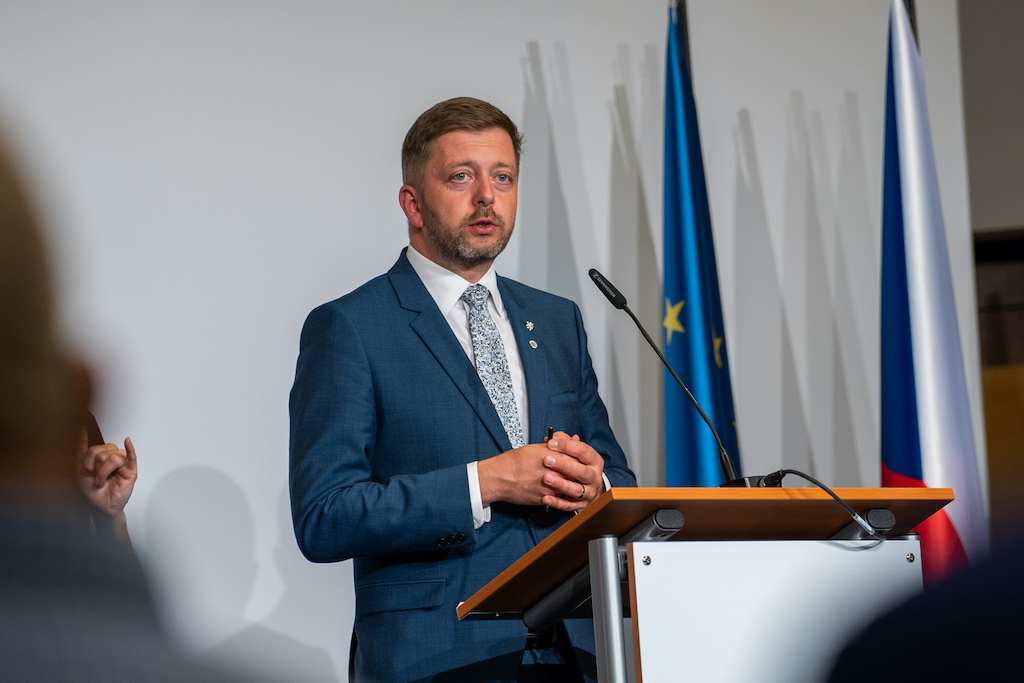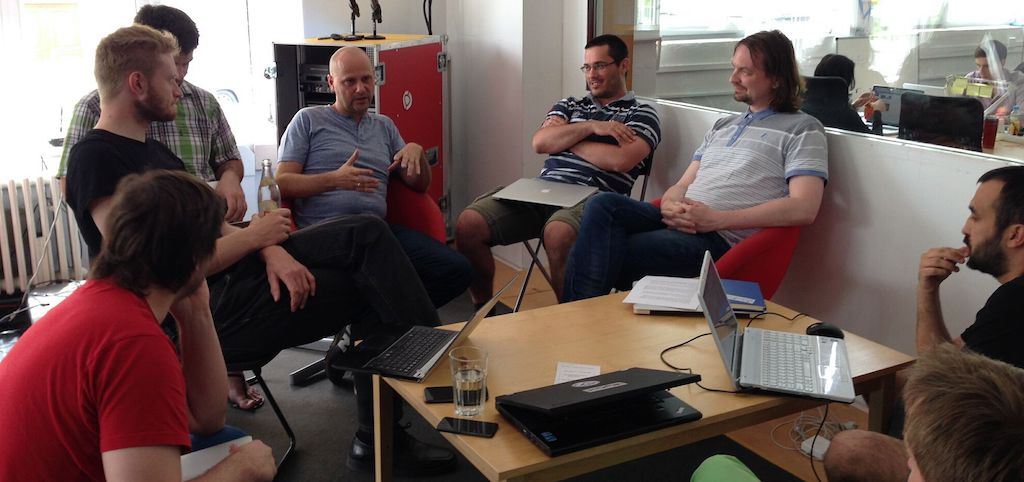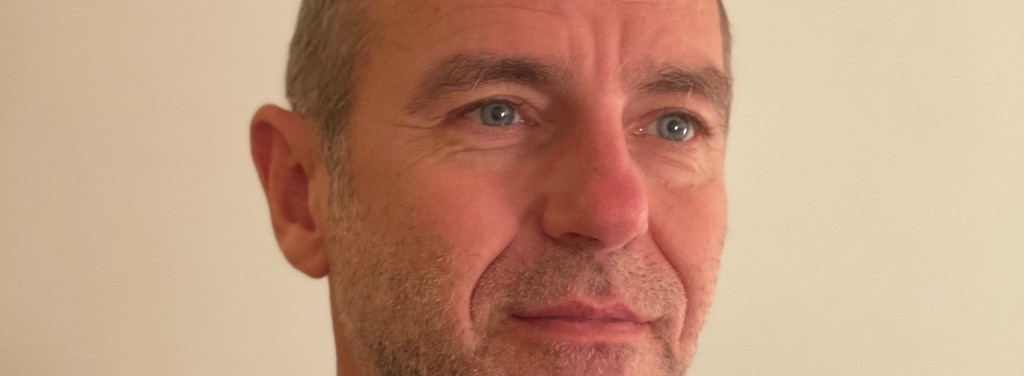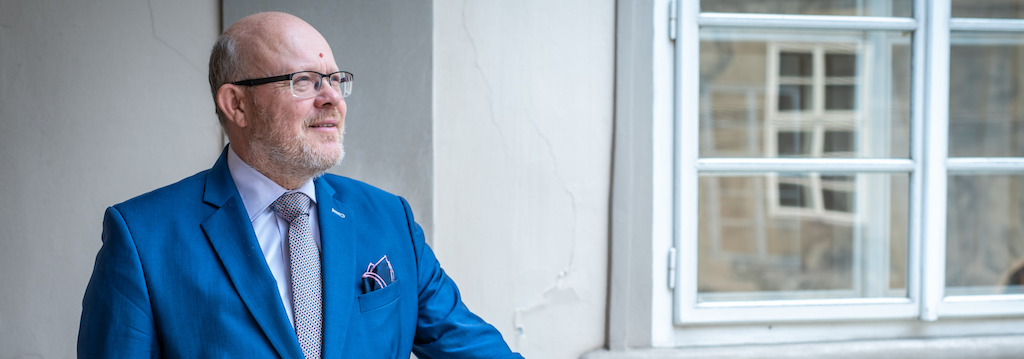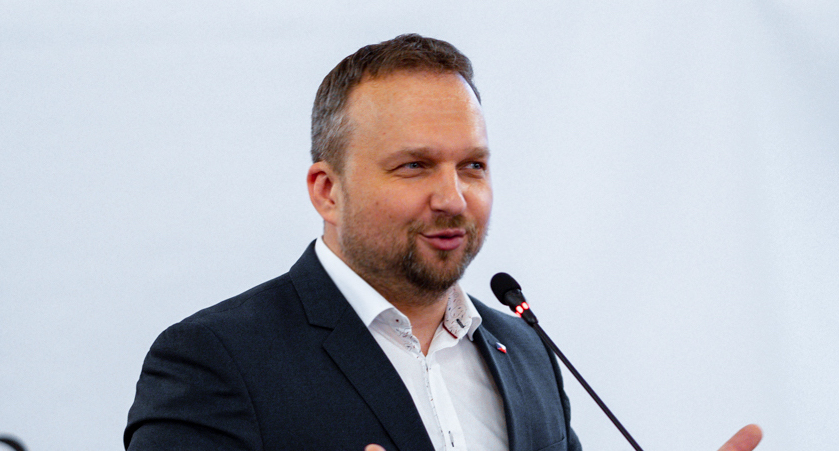
We must now look outward to ensure that Europe becomes more competitive on the world stage in order to create the prosperity that businesses and citizens aspire to.
What is the role of European companies in the energy transition?
The business world obviously plays a central role. All industrial and entrepreneurial actors are mobilized, whether they are energy producers or energy-consuming companies, or even those developing new technologies or services for example to reduce energy consumption. In general, companies are increasingly aware of their own responsibilities to produce and consume energy more efficiently, especially to address the global challenge of climate change. And even though the current challenges Europe is facing are numerous, the issue of the energy and climate transition comes up very regularly in my meetings with business leaders from all over Europe.
How do we balance competitiveness and energy transition?
It is indeed a delicate equation which is the subject of many discussions at a European level and it is not easy to solve. While an ambitious European energy and climate policy is needed, it also creates significant costs and constraints, especially for businesses. If third-country companies such as the United States, China or Russia are not subject to the same standards, this weakens the competitiveness of European companies engaged in an increasingly competitive global market. This can be seen, for example, in the price of electricity, which increased on average by 18% in the European Union between 2008 and 2015. It is now higher than in the United States, Russia and South Korea. This situation impacts the competitiveness of energy-consuming European companies. Solving the equation is not easy, but solutions do exist. For example, there is a need for more coherence in certain European policies to avoid the additional costs associated with “legislative millefeuilles”. We must also convince third countries to align their climate ambitions with those of Europe because the answer must be global. Finally, we need an ambitious “ultra” policy on research and innovation. With a global low-carbon technology market expected to reach between 1,000 and 2,000 billion euros by 2030, innovative European companies are in pole position.
What is the status on the implementation of the Paris Agreement?
First of all, the Paris agreement is a worthy agreement. BusinessEurope, which has been following the international climate negotiations for many years, has strongly mobilized upstream to express the support of the European industry for an ambitious agreement. And we welcomed the agreement as of December 12, 2015. Unfortunately, there has been mixed progress on its implementation. First of all, there is the withdrawal of the United States from the Paris agreement. It is a decision that we deeply regret because the agreement of 2015 finally made it possible to define a framework so that all the countries could move in the same direction. The withdrawal of the United States obviously raises the question of our collective ability to reach the target of 1.5-2° C. It is nevertheless essential that all (other) countries remain mobilized. The other worrying point revolves around the difficulties in reaching agreement on the rulebook. This document should define common playing rules between all signatory countries to implement the agreement. The negotiations have been going on for about two years now and we can see that there are still points of tension, for example, on transparency rules for CO2 emissions and how they should be accounted for. These common playing rules are important for creating trust between countries, but also for companies because several provisions concern them directly such as the establishment of a carbon market. It is essential that the negotiations come to a conclusion at the COP24 in Poland by the end of the year at the latest.






